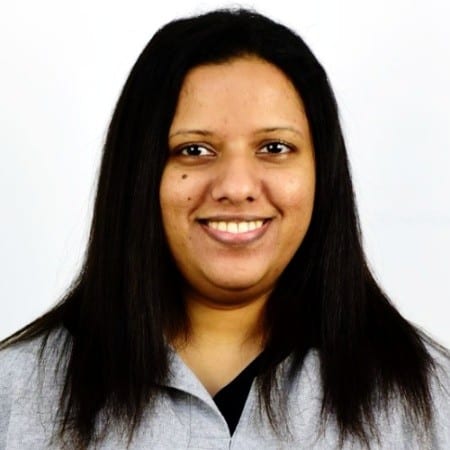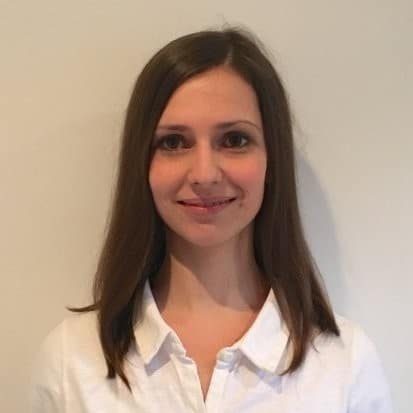Job Interview Training In Australia - Best Interview Preparation Coaching
Need help preparing for your next job interview? Our industry-leading job interview training includes personalised support to help you impress the panel and be selected for the job!

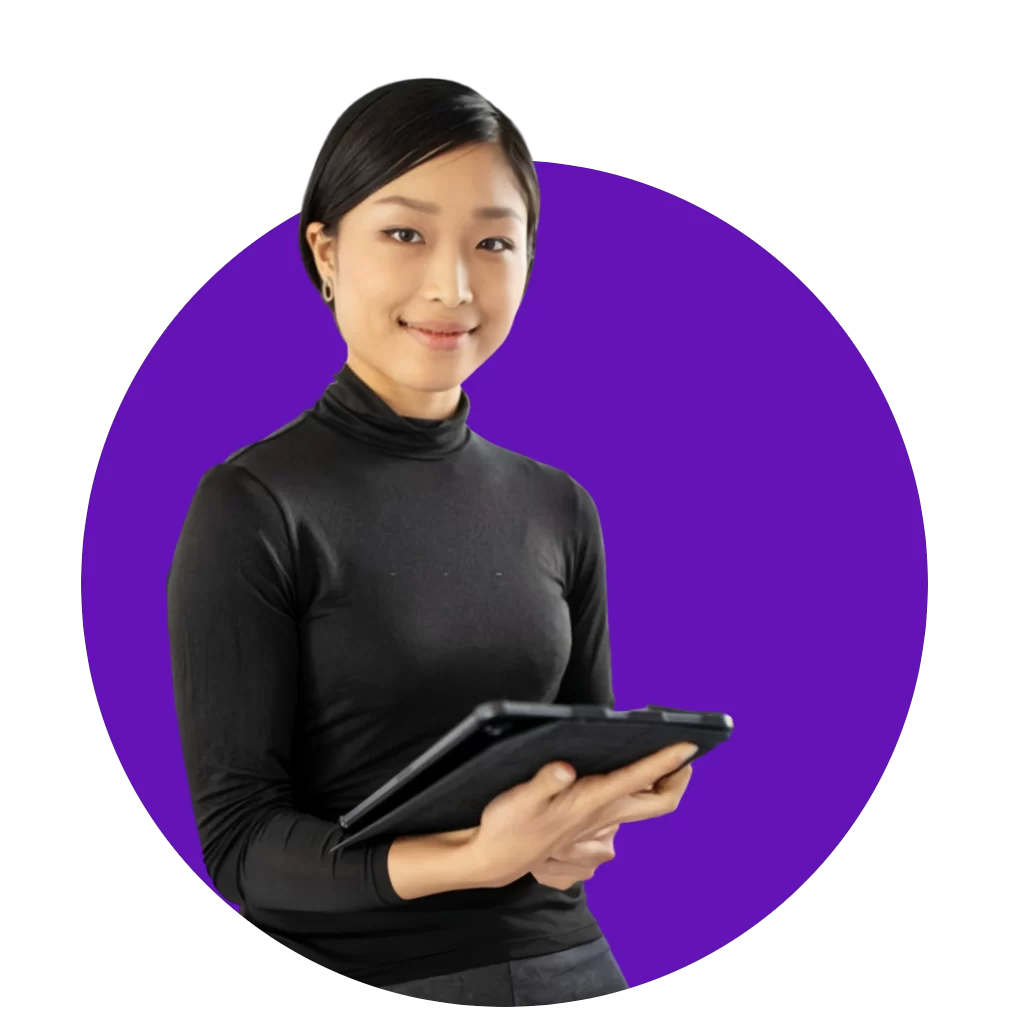
Get Your Dream Job with Australia’s Best Interview Training Service!
Our specialised interview training helps you overcome nerves, builds confidence, and increases your success rate at job interviews. All sessions are tailored to your specific needs.
Our job interview coaches have more than 50 years of experience and extensive knowledge of current interview and recruitment practices, which will give you a competitive edge and help you stand out from other applicants.
The Interview Coaching & Interview Training Services helps you to:
- Apply the STAR method during your job interview
- Handle tough, technical and behavioural interview questions
- Present yourself as the “Perfect Candidate”
- Get 3x more job offers by performing better than other candidates
- Become more confident and self-assured during your interview
Why We Are The Best
Interview Training Service in Australia!
How We Provide Expert Job Interview Training
Interview Consultation
- One-on-one interview training sessions with professional Interview Coaches
- In-depth interview answer analysis
- Identification of key strengths & areas of improvement for your next job interview
Job Interview Resources
- Get access to our Job Interview Resources & Interview Training Sessions
- Watch job interview training videos from Top Australian recruiters & career counsellors
- Learn how to deliver the perfect elevator pitch
Star Method
- Get one-on-one training to apply the STAR Method
- Mock interview training to practice the STAR Method in your answers
- Support to develop your STAR method answers and have them assessed
Mock Interview Training
- One-on-one mock interview training with your Interview Coach
- Group mock interview training to simulate a live interview panel
- Recorded answers so that you can improve and develop your interview skills
Interview Perfection
- Optimise and enhance your answers to technical and behavioural questions
- Get ongoing Interview training and support from the best interview coaches in Australia
Meet your Interview Training
Team of Experts
Naren Chellappah
Program Director
Naren is one of Australia’s most successful Career Coaches, having helped over 1,000 job seekers find jobs. He has held leadership roles at Australia’s top universities including Monash, Swinburne and Melbourne University.
Langdon Rodda
Head Career Coach
Head Career Coach Langdon supports you one-on-one to help you secure employment in your chosen field. Langdon’s Career Coaching, Career Counselling and mentoring support can help you transition into meaningful employment quickly.
Pearl Doronila
Careers Advisor
Pearl is a HR & Recruitment Specialist with 10+ years of experience working with leading companies in end-to-end recruitment. Pearl supports her clients get jobs in a range of industries through personalised Career Coaching and Career Counselling.
Tracy Busse
Career Coach
Tracy is a HR Specialist and Career Mentor who has extensive experience in people and performance management. Tracy provides a nurturing environment and helps her clients one-on-one to achieve their career goals in Australia.
Where Our Interview Training Clients Are Hired
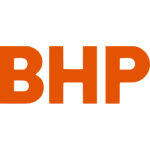
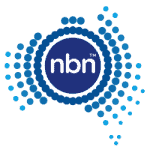
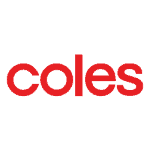
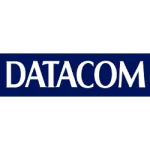
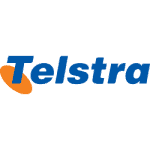
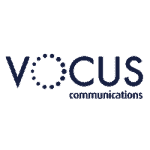
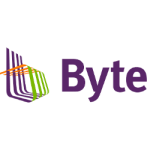
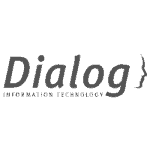
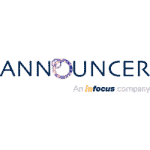
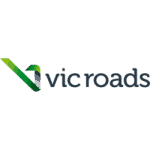
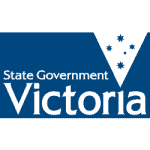
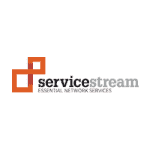
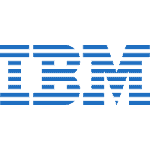
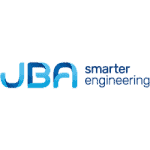
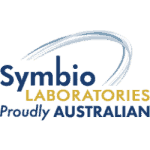
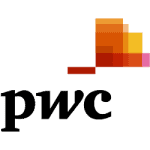
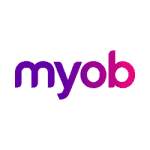

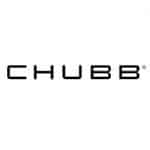
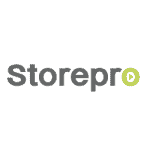
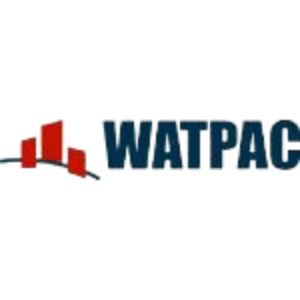
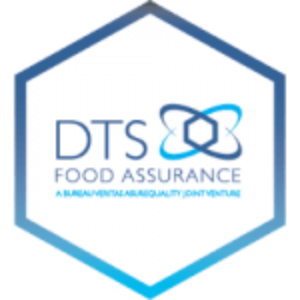
Interview Training Success Stories!
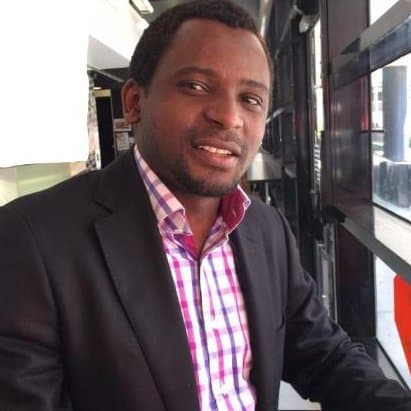
Arcade Serubibi
Civil Engineer & PhD candidate, Sydney

Ray Lei
Senior Estimator, Melbourne
Cities We Provide Interview Training Services
in Australia
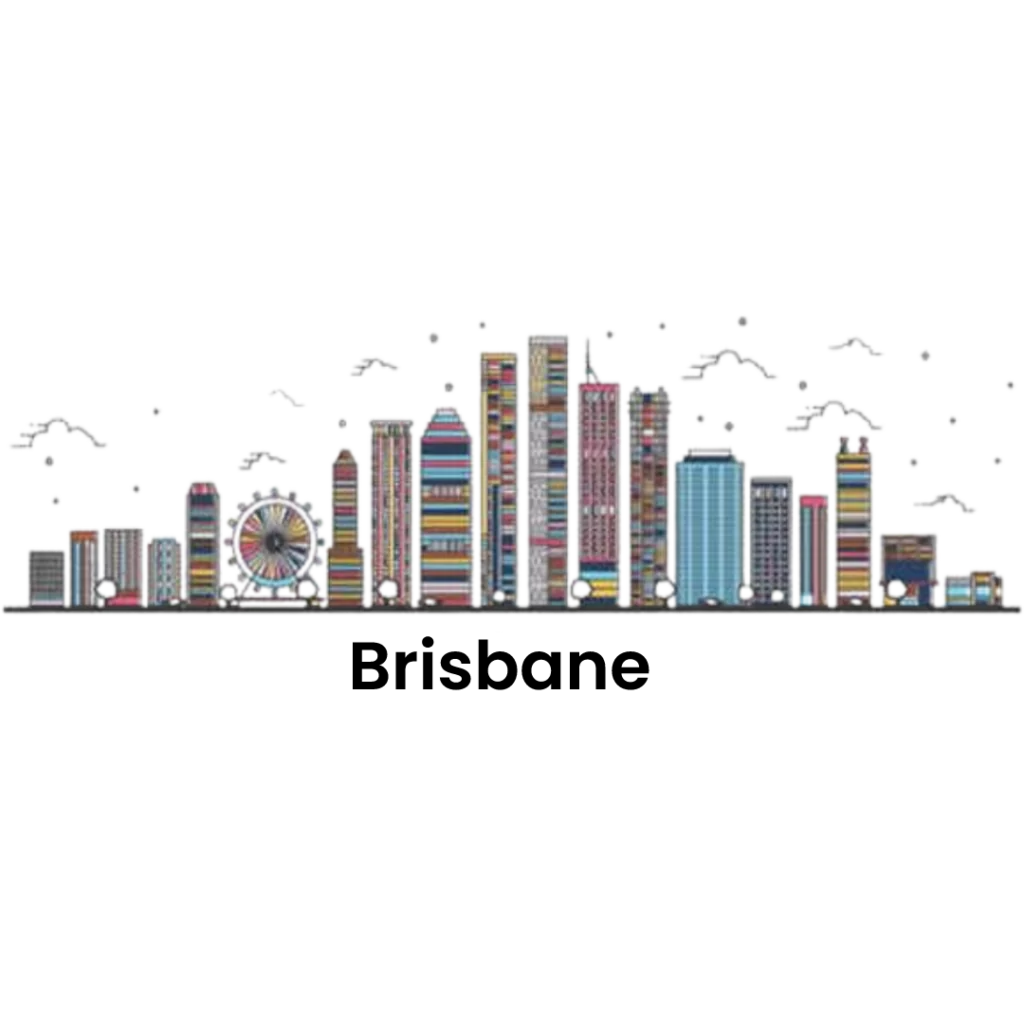
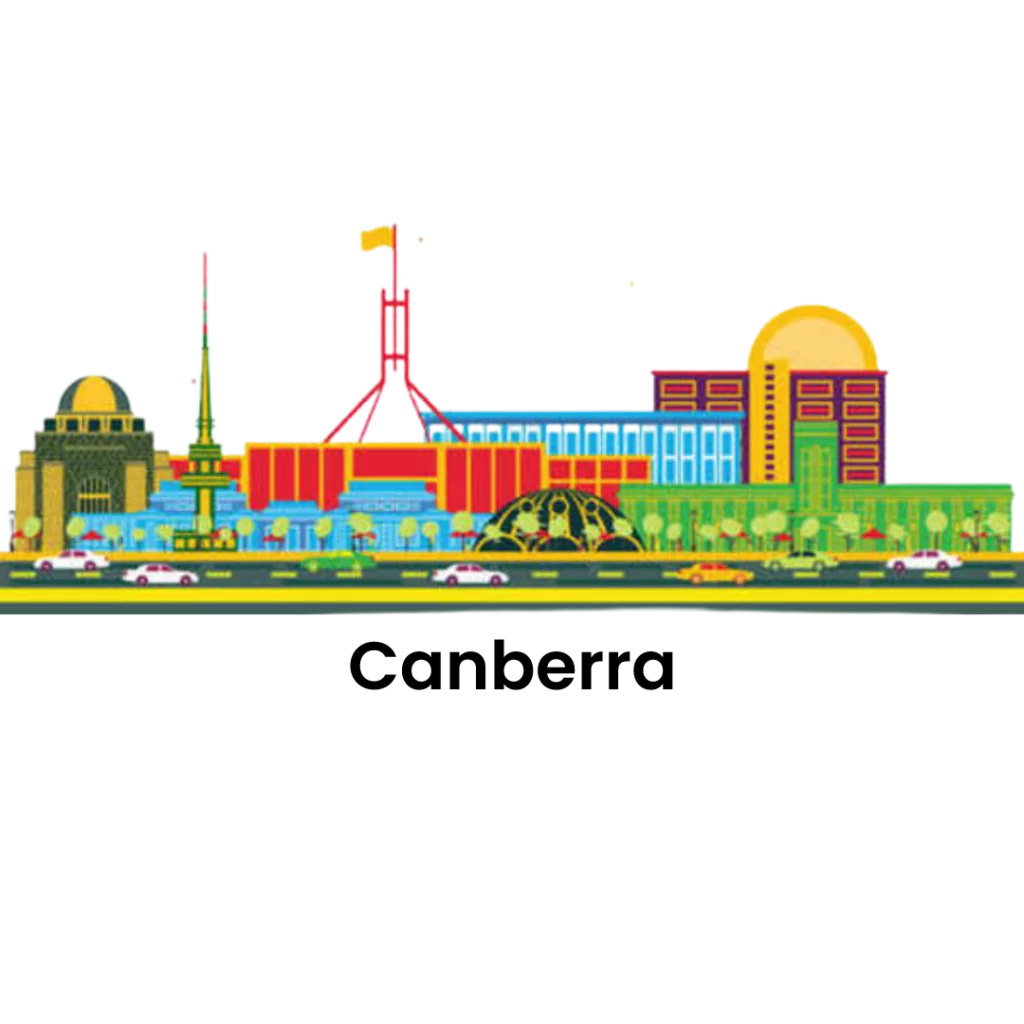
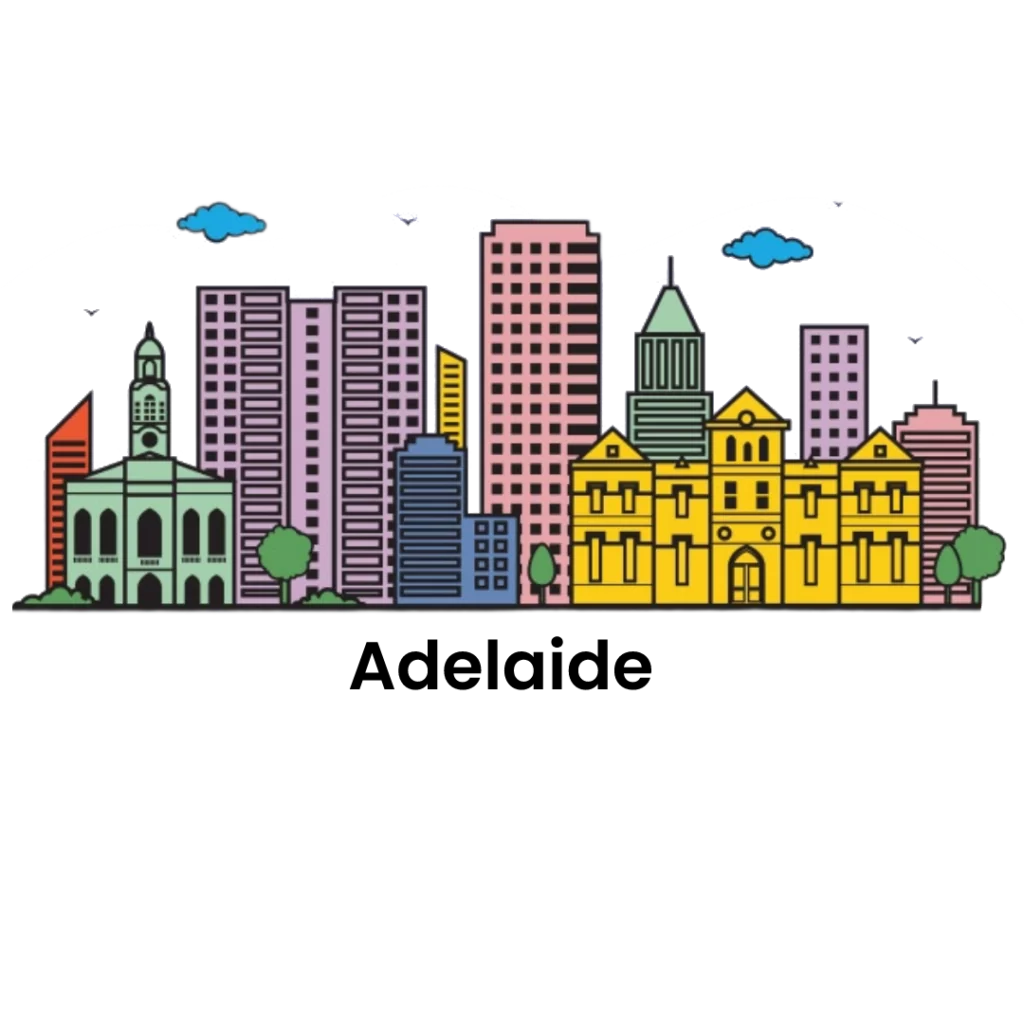
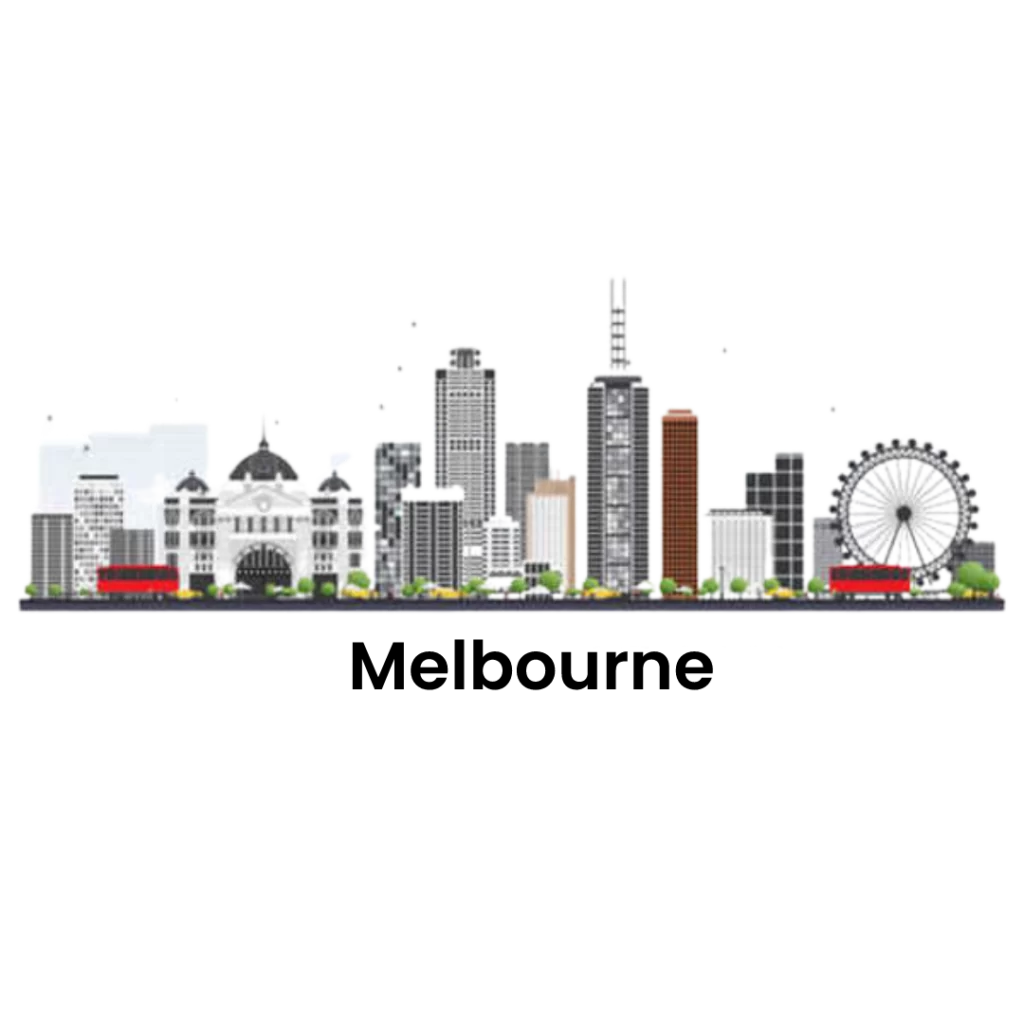
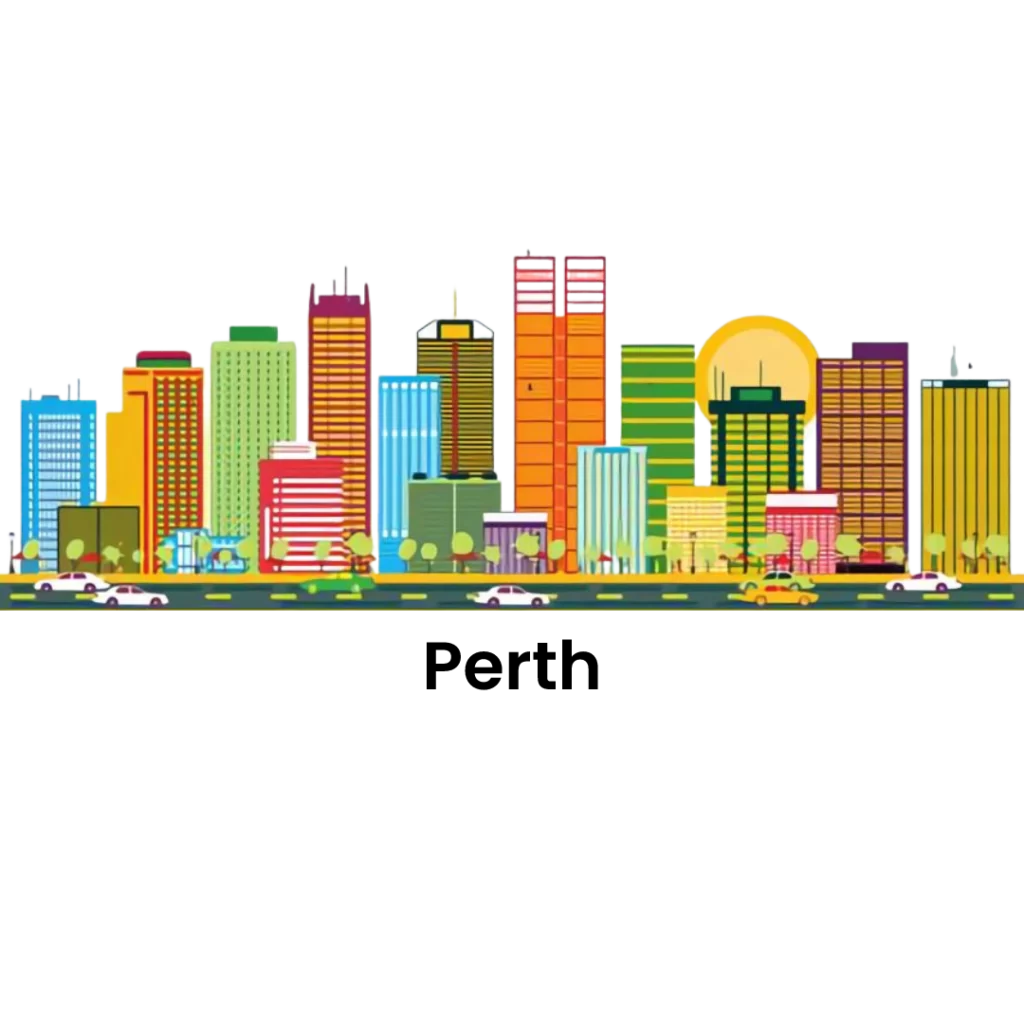
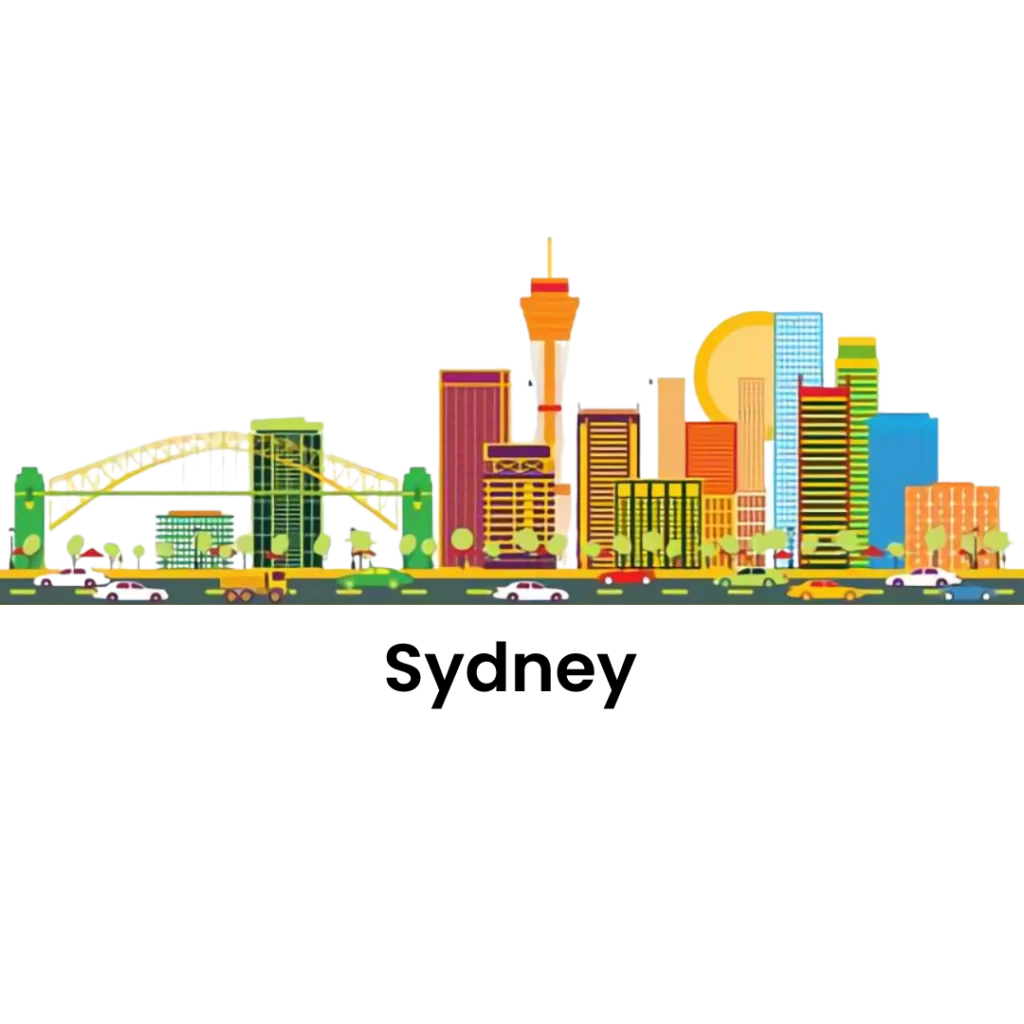
We Prepare You For Job Interviews in
100+ INDUSTRIES
Business & Commerce Interview Training:
- Accounting
- Finance
- Business Intelligence
- Human Resources
- Marketing
Information Technology Interview Training:
- Data Analytics
- IT Support
- Networking
- Software
- Web Development
Engineering Interview Training:
- Civil Engineering
- Mechanical Engineering
- Electrical and Electronics Engineering
- Chemical Engineering
- Biomedical Engineering
Interview Training in Other Industries:
- Media
- Design
- Law
- Biotechnology
- Environmental Science
- General Administration
Everything you need to know about Interview Training!
Interview Training Services– FAQs
This is your opportunity to briefly summarise your relevant qualifications and experience, to show that you’re a good match for the role.
Discuss your educational background, followed by a bit of information about each of the relevant roles you’ve had. It’s important that you mention them in chronological order, to make the story easy to follow.
Your answer should reflect the kind of employee you are and what you can bring to the team, including what you’ve learned from previous experience. You should also talk about your key strengths for the role, and where you want to go in your career.
Here’s the structure we recommend in order to ace your job interview opening pitch:
Step 1: Thank the interviewer (10 seconds): Sure, well first of all I just want to say thank you for inviting me to today’s interview.
Step 2: Opening pitch (20 seconds): As you know my name’s Steve and I’m a XXXXXXXXX with 10+ years’ experience in XXXXXXXXXX (customise this to the job ad key requirements) with companies such as XXXXXXXXXX (name global companies/clients if you can).
Step 3: Your history/summary (1 minute): In terms of my background, well after finishing my bachelor of accounting I started working as a XXXXXXXXXXX with XXXXXXXXXX where I focused on XXXXXXXXXXXXX. Then I moved to XXXXXXXXXXXXXX. I was then offered a role at XXXXXXXXXX where I delivered projects such as XXXXXXXXXXXXXXX. (This section is a brief overview of your major highlights and roles – talk about the results/positions that match the job you are interviewing for)
Step 4: Conclude (10 seconds): Currently, I’m working at XXXXXXXXXXX, however I’m keen to move into a more senior and challenging role which is why I’m applying for this role with XXXXXXXXX. It looks like a terrific opportunity and a close match to my work in XXXXXXXXX (list key areas that match) and I’m really keen to learn more, thank you.
Interviewers love to ask questions to assess how you respond to specific scenarios. For example, ‘Tell me a time when you had to resolve conflict’ or ‘Tell me a time when you showed leadership skills’. When responding to these questions, use the STAR method – Situation, Task, Action, Result.
The most important part of your answer is the Actions section, so this should take the most time. Clearly describe each of the steps you took in turn.
For example: “Well, first of all, I read up on the project’s goals to make sure I understood them clearly. Then, I arranged a meeting with the four team members where we discussed….”.
Employers look for two things when they interview candidates for a role. First of all, they want to know if you have the technical skills to perform the responsibilities of the job. Hopefully they have read about these in your Resume and Cover Letter.
The other thing that employers are looking for is someone who can perform well in the role and fit into their team. For employers in Australia, this is as important as the technical skills, and the interview is where they assess if you have the right qualities or not.
This means they’re looking at your ability to communicate clearly and make positive connections with people through eye-contact and good body language.
Depending on the role you’re applying for, they may also be assessing:
– Your ability to “think on your feet” (responding well to unexpected situations)
– Your enthusiasm for the role, and how much energy you bring to the interview
– Your personal presentation (grooming and clothing)
– Your organisational skills
– Other qualities such as your attention to detail, your teamwork or leadership skills, or your ability to deal with difficult situations or people.
Here’s a list of skills that employers might quiz you on at your job interview:
– Enthusiasm for the role
– Creativity
– Attention to detail
– Planning abilities
– Conflict resolution
– Teamwork
– Leadership
– Client focus
– Organisational awareness
First of all, research the company – make sure to look up the company’s website and social media pages so that you know the company’s mission, size, products or services, values and where they’re placed in the market.
If you know who is interviewing you, you can also find out more about them on LinkedIn or on the company website.
Study the job ad or Position Description document again, so that you know what they’re likely to ask about. Also, you can look up common behavioural interview questions online and prepare your answers ahead of time.
Practice with friends or family to get comfortable with the answers you’re planning to give. Ask them to give you feedback on your performance. If you can’t do this, record yourself on your phone or computer, and listen back to decide “Would I hire myself?”
Research how long it will take to get to the interview if it’s in person, and then aim to arrive at least 20 minutes early to allow for any problems getting there. Don’t be late!
Make sure you are well-groomed and have clean, appropriate clothing ready for your interview.
As well as finding out more about you, an interview is a great opportunity for you to find out more about the role and company beyond the job description advertised.
It’s essential that you ask 2-3 questions at the end of the interview, to show you’re really interested in the position.
Some questions you might like to ask include:
– What does a typical day in this role look like?
– What are the main KPIs and goals you would like me to achieve?
– How would you describe the culture at this company?
– What is your vision for the future of the company?
– What particular projects would I be involved with?
– What do I need to achieve in the first 30, 60 and 90 days to make this position successful?
You can finish by asking:
– What’s the next step in the process?
For your strengths, pick two technical skills that are relevant for the role – things you’re confident and capable in. Ideally these strengths should match the skills listed in the job description!
When you mention them, include a brief description of when or how you developed and used the skill.
For example “I’d say my biggest strength is analysing data to identify trends. When I was working as Data Analyst at Gentrix, I analysed many datasets including …..”
For the third strength, choose a generic or soft skill that’s relevant for the role. For example, if the position has some interaction with clients/customers, talk about your customer service skills. Again, talk about when and how you developed the skill.
Answering the question about your biggest weakness is trickier! You can’t say something that’s very important for the role – for example, “Well I’m a Civil Engineer but I really have difficulty reading technical documents.” Choose something that isn’t critical to the success of the role instead.
But the important part of your answer is talking about what you’ve done (and what you’re doing) to overcome that weakness. For example, you might be taking a particular course, or learning new strategies to overcome the weakness.
There are many ways to make a negative impression in an interview and likely miss out on a job offer.
Here are some of the common mistakes people make:
– Not showing any enthusiasm for the role
– Not making eye-contact with the interviewers
– Poor/inappropriate grooming and clothing
– Talking too long in your answers and boring the interviewers
– Showing you didn’t prepare for the interview, e.g. you don’t know much about the company or the role
– Losing your way in an answer and forgetting what the question was
– Looking very nervous. It’s hard for the interviewers to have confidence in you if you don’t show that you have it in yourself!
– Turn your phone off before you start the interview
– Greet your interviewers with a smile
– Wait to sit until the interviewer does or if they offer you a seat
– Good body language
– sit upright and relax your body as much as possible
– Listen carefully to each question, don’t answer if you aren’t clear about what they’re looking for
– Speak clearly and confidently
– Make consistent eye contact
– Don’t rush to give answers, think before answering
– Give practical examples to questions
– Avoid one-word answers
– Show enthusiasm for the role
– Thank the interviewer(s) at the end
No, not in the interview.
You want to get the interviewers excited about hiring you first – you can discuss salary and future opportunities in the company later.
If you ask about salary or growth in the interview, you send the message that you’re mostly interested in the money, and that you’re not that keen on the role you’re interviewing for.
If they ask you to state your salary expectations, you can say:
‘Sure, well I have seen similar roles advertised between $X and $Y so my salary expectations are around that range, however I am happy to be flexible.’
As soon as you leave the interview, make a note of the questions they asked.
This will help you understand what’s important to them, and will also help you remember what was said so that you can reflect on your performance.
Assess your answers: Were there some that you struggled to answer? How could you have done better?
Send a follow-up thank you email to the interviewer(s).

